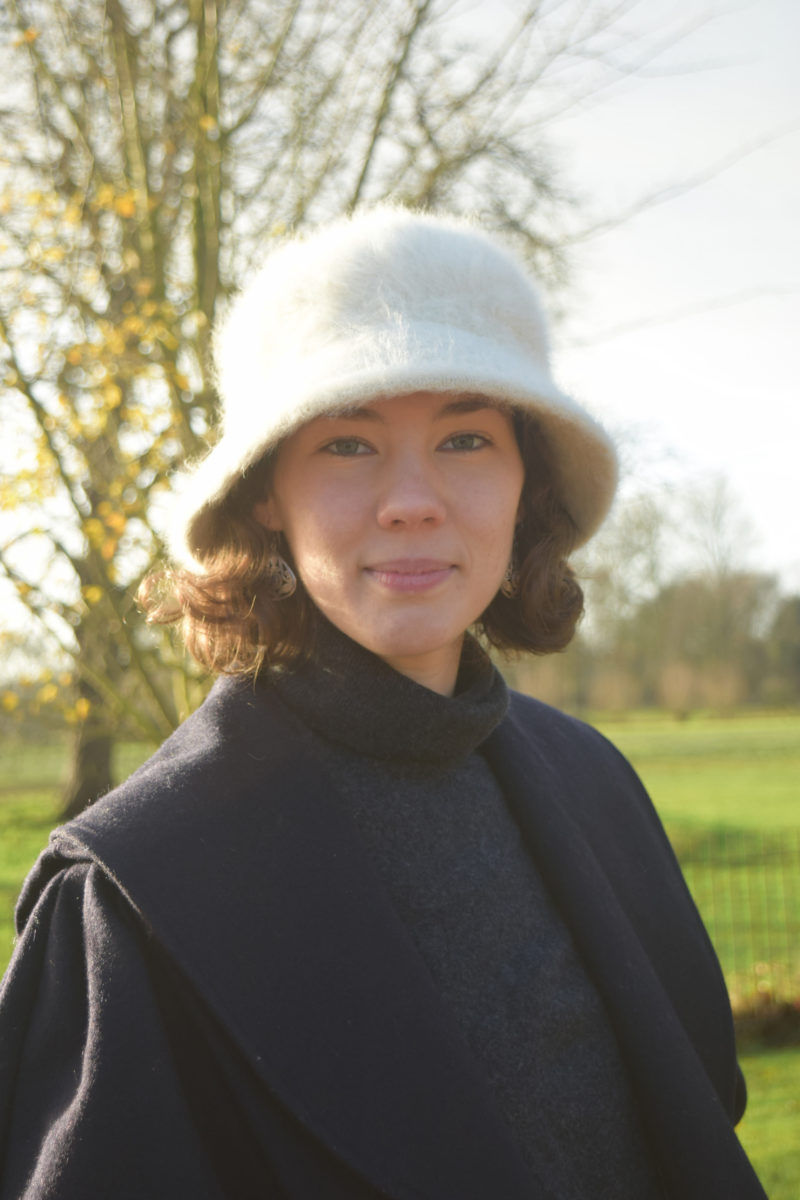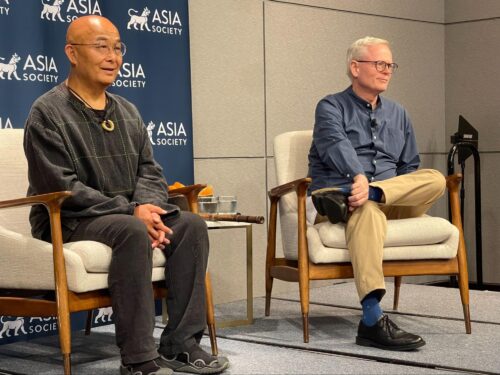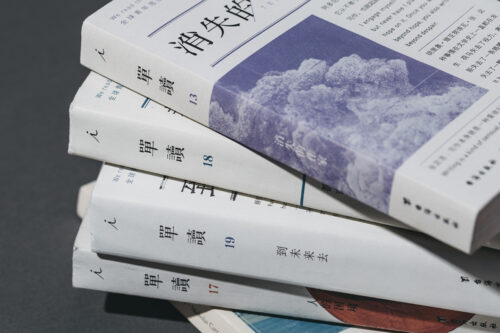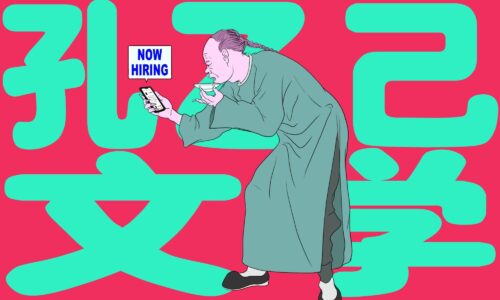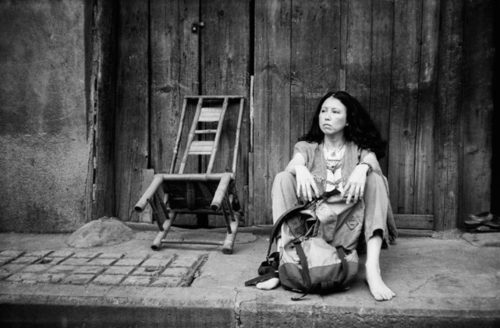Literary festival all-female cohort underscores women’s writing
With an all-women lineup, the 6th EU-China Literary Festival offered a rare window into the global experience of womanhood — both lived and imagined — in and outside China.

With the theme “Through Women’s Eyes,” the 6th EU-China Literary Festival has “put deliberate effort into highlighting women’s literature and creative ideas,” said organizer Xiè Wénqín 谢文琴.
This year’s festival, which hosted talks by 27 authors from EU countries and 20 from China, was virtual as a result of COVID-19-related travel restrictions. In previous years, the events were held in intimate settings such as bookshops in cities around China and did well to gather 200 people. But this year, millions of online viewers attended the livestreamed festival, which kicked off on November 27 and ended over the weekend.
The biggest draw of this year’s festival was its all-female lineup. Xie mentioned that in previous years, when there were no parameters to the invited authors, there was never a 1:1 gender ratio. “This year is very special,” she said, as they made an explicit attempt to spotlight discussions surrounding women in literature and female authors around the world.
The authors featured at the events were from diverse backgrounds and included novelists, playwrights, poets, and nonfiction writers. Together, their conversations offered a window into the global experience of womanhood, both lived and imagined.
Among the Chinese writers participating in the festival was Dōng Lái 东来, a novelist currently living in Shanghai and known for her unconventional writing style. Her most recent novel, The Year of Miracles (奇迹之年), was selected among 4,000 Chinese works as the winner of the second 2021 Page One Literary Award, a biannual competition intended to accelerate discovery and readership of emerging literature.

At one of the festival events titled A Sense of Place, Dong, who has no formal training in writing, explained that she labels her writing style “wild,” stating, “My ideas are cluttered and messy. I put it all into my novels.”
Having grown up in the 1990s, Dong’s writing is heavily influenced by the social changes that accompanied China’s rapid growth and urbanization. “Both geographically and psychologically, I’ve always been in this state of flux,” she said. “Movement and migration have been a constant for the first 30 years of my life.”
The Year of Miracles is a collection of five short stories that, she said, “don’t need to be read together under one clear theme.” However, the novel has the “common thread of uncertainty and migration” that is drawn together through magical realism.
Dong’s evocation of the post-’90s urbanization era has been well received by Chinese readers. A book review on popular culture website Douban (in Chinese) commented how the short stories constructed a space where “the past and present are the vertical, and the destined connection between people is the horizontal.”
Because of the festival’s theme, many of the authors discussed how their gender impacts their writing. The organizer, Xie, commented that they took care to bring diverse opinions to the table. While some authors, she said, are feminists who have engaged with gender studies and writing on social issues, others “don’t try to fight for anything specific.” Instead, she said, they “just write about humans regardless of their gender.”
In one of the festival interviews, Dong said she had previously featured many strong male characters as protagonists in her work before realizing that the habit was heavily influenced by her own desire to be accepted by men in society. She reflected on how she would actively try to hide her gender to her audience, and how it would often come as a shock to critics and readers when they found out she was a woman.
“I was influenced by society, by what women are supposed to be, and how female writers are meant to write about women,” Dong said. After she realized how this perspective influenced her writing, she became more critical about her gender, its position in Chinese society, and how she portrays women in her work.
Another author at the festival, Zhāng Lì 张莉, in 2019 conducted a survey investigating gender in modern Chinese writing (我们时代的性别观调查). She found that while there has been a significant increase in female writers over the last century, there is still not equitable representation of women in literature. She elaborated, “Not every writer can show their gender perspective completely in their works.”

At the event Our Time, Our Gender, Zhang discussed the history of women writers in China. Although female authors have always existed, she explained, it was only during the May Fourth Movement, a century ago, when women started publishing their works under their true names. “They began using women’s voices and perspectives,” she said, “they wrote from a women’s point of view.”
The idea that female literary characters need to be written by female authors was a topic widely discussed at the festival. “Many women don’t think the portrayal of real female characters can be done by male writers,” Xie commented.
Despite male authors having written female characters for such a long time, those characters are born out of the male experience of how they desire women to be, Xie said. “Those female characters are based on extreme fantasy and imagination,” Xie observed, “they do not exist.”
The 6th EU-China Literary Festival concluded on December 19. Most of the events can be streamed with Chinese and English subtitles.
